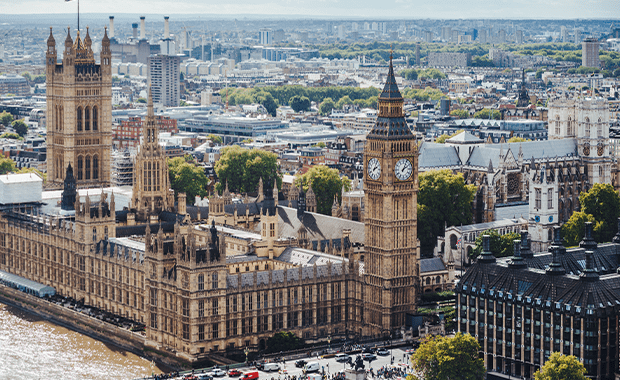GK Adviser Rebecca McMahon explores the localisation of adult education and whether it could provide a template for devolution plans in other policy areas.
A rare win for the Levelling Up agenda?
Over the last 13 years, a series of Conservative governments have made various stabs at improving regional inequalities, and by the time of the Levelling Up White Paper 2022, there was a consensus that at least some form of devolution is necessary to heal regional divides and accelerate British growth.
However, plenty of obstacles remain in the way of a strong devolved power system in the UK, stemming both from central government (particularly due to reservations held by the Treasury) and local government (whose various financial difficulties over the last year have undermined their case for greater responsibility over policy and fiscal decision-making.) Plus, recent high-profile blows to the Levelling Up agenda – notably the collapse of the multi-billion HS2 project at the end of last year – have created further setbacks.
However, one of the more successful devolution efforts has materialised in the seemingly unexpected domain of adult skills. The Government kickstarted the devolution of the Adult Education Budget in the 2019-20 academic year, transferring decision-making powers over the pot of money to six Mayoral Combined Authorities (MCAs) plus the Greater London Authority (GLA).
Since then, a further three MCAs have been handed these powers, and the trend of devolution suggests that more deals are to take place in the near future. The success of ‘trailblazer’ deals in Greater Manchester and West Midlands makes this more likely. The Chancellor, Jeremy Hunt, confirmed that the North East MCA would also receive a deal as part of the continued ‘Skills for Growth’ agenda.
Labour’s thinking on Adult Education
Central to Labour’s skills agenda is the replacement of the Apprenticeship Levy with the Growth and Skills Levy. Notionally, this points to a more flexible skills and training landscape, with accommodation for all types of learners.
However, some people have expressed concern about the sustainability of this proposal, suggesting that an altered levy would be a step in the wrong direction for apprenticeship uptake, at a time when other viable further education alternatives seem more important than ever. In terms of devolution, Labour have made a lot of noise about their commitment to the cause, threading it through various ‘missions’ upon which they have built their policy agenda, and publishing high-profile reviews by legacy figures like Gordon Brown which showcase their support. But in practice, the landscape is less certain, owing to Rachel Reeves’ fiscal ‘iron fist.’ Given the pressure that the Shadow Chancellor placed on Keir Starmer to backtrack on their flagship £28bn pledge to the green economy, she will be hesitant to hand over budgetary responsibilities to local authorities given their recent track record on finances.
The increasing localisation of adult education budgets in the UK somewhat offers a model for the Government and potential future governments to further the devolution agenda. However, any party will inevitably face a gamble on whether to trust local authorities with increasingly large pots of money and whether this will ultimately reap long-term rewards.




